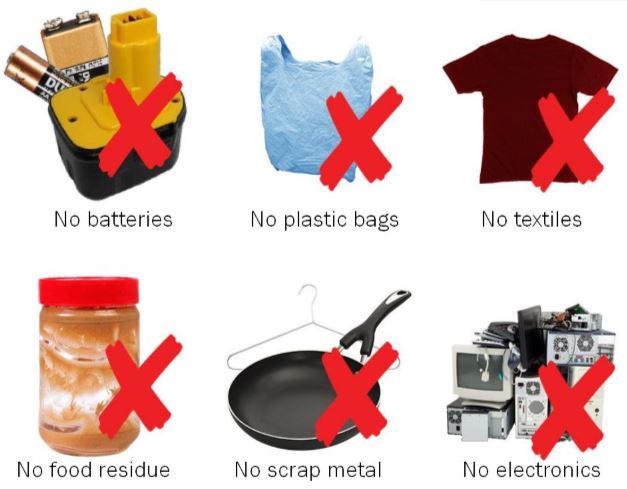In the realm of home management, the cleanliness of bins might seem like a trivial concern. However, the state of these bins can have profound psychological effects on homeowners. This article delves into how clean and dirty bins impact mental health, social interactions, and overall well-being.
II. Understanding the Psychology of Cleanliness
Cleanliness is not just about aesthetics; it’s deeply tied to our psychological health. A clean environment can significantly boost one’s mood and mental state.
- Mental Health Benefits: Living in a clean space reduces stress and promotes a sense of peace and control.
- Psychological Comfort: The order and cleanliness of one’s surroundings contribute to a feeling of safety and comfort.
III. Negative Psychological Effects of Dirty Bins
Dirty bins are more than just an eyesore; they can be a source of significant mental discomfort.
- Increased Stress and Anxiety: The sight and smell of overflowing bins can trigger stress and anxiety.
- Impact of Unpleasant Odors: Persistent bad smells can lead to persistent mood downturns and affect daily functioning.
IV. Clean Bins and Mental Wellness
The state of your bins can directly influence your mental wellness. Clean bins often lead to a more positive home environment.
-
- Improved Mood: Regularly cleaned bins can enhance homeowners’ mood by removing a potential source of irritation.
- Reduced Stress Levels: The absence of bin-related nuisances can lower stress levels significantly.
V. Impact on Daily Life
The cleanliness of bins can affect more than just mental health; it influences the overall lifestyle and daily activities of homeowners.
- Daily Activities: A clean bin routine can streamline daily chores and reduce time spent managing waste.
- Lifestyle Quality: Clean bins contribute to a healthier home environment, promoting better lifestyle quality.
VI. Social Implications of Bin Cleanliness
The state of your bins can also affect how you are perceived socially and can influence social interactions.
- Social Perceptions: Neatly maintained bins can enhance a homeowner’s reputation as clean and responsible.
- Social Anxiety: Co he has a good point nversely, dirty bins can cause embarrassment and anxiety during social gatherings at home.
VII. Health Risks Associated with Dirty Bins
Dirty bins are not only a psychological nuisance but also a health hazard. The table below outlines the risks and preventative measures:
| Health Risk | Source | Preventative Measures |
|---|---|---|
| Pests | Accumulated waste attracting rodents and insects | Regular bin cleaning and waste disposal |
| Bacteria | Decomposing organic material | Use of bin liners and frequent cleaning |
- Pests and Bacteria: Unsanitary bins can attract pests and harbor bacteria, posing significant health risks.
VIII. Practical Tips for Maintaining Clean Bins
Maintaining clean bins is essential for mental and physical health. Here are some practical steps to ensure your bins stay clean:
- Regular Cleaning: Clean your bins at least once a week with disinfectant.
- Professional Services: Consider hiring a professional bin cleaning service for thorough cleaning.
- Proper Waste Segregation: Segregate waste to prevent odor and pests.
IX. Psychological Benefits of Regular Cleaning Routines
Establishing a regular cleaning routine can have numerous psychological benefits:
- Mental Clarity: A clean environment can clear the mind and aid in better decision-making.
- Sense of Control: Regular cleaning instills a sense of control and accomplishment.
X. Conclusion
The cleanliness of bins in a home is not a minor issue but a significant factor that affects homeowners’ psychological health, social life, and overall well-being. By adopting regular cleaning practices, homeowners can enjoy a healthier, more harmonious living environment. Let’s embrace cleanliness not just for aesthetic appeal but for our mental and social health.


I’m Brock McIlrath, the founder of BinBright Guardians and a seasoned Sanitary Equipment Operator dedicated to transforming our approach to cleanliness and waste management.


